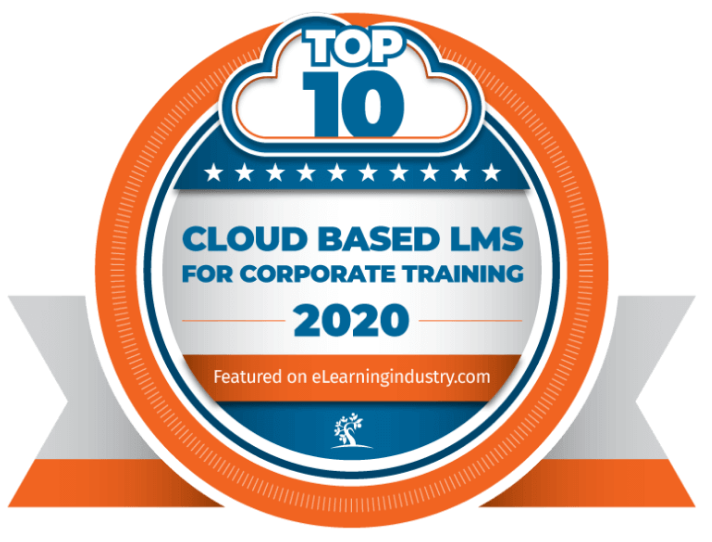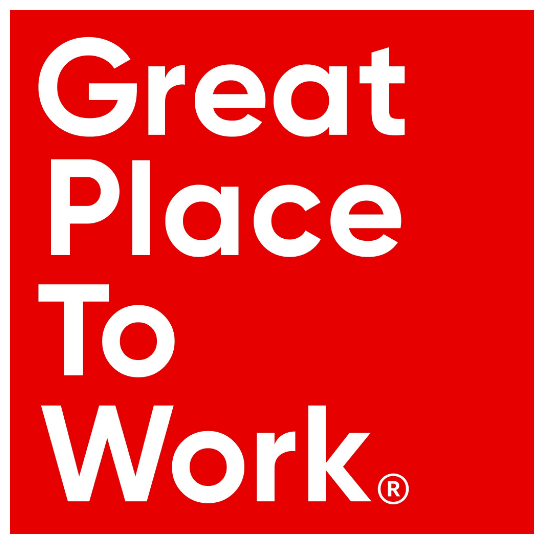February 8, 2024
Unveiling the Future: 5 Reasons a Modern LMS is Your Key to Learning Content Success

As businesses and educational institutions shift toward online training and development, the acceptance and adoption of eLearning has skyrocketed. The need to adjust to digital transformations quickly is becoming increasingly apparent in the dynamic field of learning and development(L&D). These trends are not just temporary measures in response to the 2019 pandemic; they signify a fundamental shift in how learning is perceived and pursued.
The Global Market Insights forecasts a potential market size of $1 trillion for the eLearning and LMS industries by 2027. These substantial figures highlight the escalating importance of digital learning solutions across the worldwide educational sphere.
In this context, the role of a modern Learning Management System (LMS) equipped with integrated commercial functionalities cannot be overstated. As organizations strive to maximize the potential of their learning content, it is essential to leverage innovative platforms that cater to the evolving needs of learners and educators or trainers alike. From expanding audience reach to ensuring seamless user experiences and prioritizing security and compliance, modern LMS platforms are at the forefront of driving meaningful impact in the digital -learning age.
Expanding Audience Reach
Traditional in-person training often presents logistical challenges, limiting accessibility and hindering audience expansion. However, modern LMS platforms have transformed the landscape by facilitating online learning, transcending geographical barriers and offering flexible, accessible learning experiences. The inherent flexibility of online platforms empowers learners to engage with content at their convenience, maximizing accessibility and broadening the audience reach.
Bridging Growth and Inclusion through Accessibility
The fundamental attributes of modern LMS platforms are scalability and inclusivity, which enable organizations to accommodate growth and ensure equal access to learning materials for all users. Compliance with accessibility standards ensures that specially-abled learners can engage with content effortlessly, while features like screen reader compatibility and customizable interfaces further enhance accessibility. By prioritizing accessibility, organizations can cultivate an inclusive learning environment that celebrates diversity and empowers every learner to succeed.
Maximizing Learning Potential
Central to the modern LMS are indispensable features tailored to monetize training content effectively. These encompass intuitive user interfaces, comprehensive tools for organizing courses, interactive assessment capabilities, and flexible options for content delivery. By seamlessly integrating these components, organizations can create immersive learning experiences that resonate with learners across diverse demographics.
Security and Compliance
Data security and compliance are paramount concerns for organizations leveraging LMS platforms in an era of cybersecurity threats. Modern LMS solutions prioritize robust security features and adhere to industry standards to ensure secure payment processing and protect user data. By implementing stringent security measures, organizations can instill trust and confidence among users, fostering a safe and secure learning environment.
Global Expansion and Cultural Adaptability
Modern LMS platforms catalyze global expansion, enabling organizations to transcend geographical boundaries and reach learners worldwide. Features such as content translation and support for multiple languages facilitate cultural adaptability, allowing organizations to tailor learning experiences to diverse linguistic and cultural preferences. By leveraging cultural diversity, organizations can enrich the learning experience and foster a global community of engaged learners.
Interoperability for Enhanced User Experience
An essential aspect of modern LMS platforms is their ability to seamlessly integrate with payment processing systems, ensuring a smooth user experience. Organizations can streamline enrollment processes and provide user-friendly interfaces that enhance post-purchase support services through integration methods such as Application Programming Interfaces (APIs), webhooks, and plugins. Additionally, multi-currency support enhances the user experience by simplifying payment processes and fostering a seamless transactional environment.
Conclusion
In conclusion, modern LMS platforms represent far more than just delivery mechanisms for training content; they are engines of innovation and catalysts for growth in learning and development. By expanding audience reach, bridging growth and inclusion through accessibility, maximizing learning potential, ensuring security and compliance, facilitating global expansion and cultural adaptability, and prioritizing interoperability for enhanced user experiences, modern LMS platforms empower organizations to unlock new opportunities and drive meaningful impact in the digital age of learning.
Unlock LEARN by Infopro Learning is a robust Learning Management System (LMS) that empowers organizations to achieve tangible performance improvements, cultivate impactful learning experiences, and establish sustainable operational practices.
Request a demo today to witness its transformative potential.







